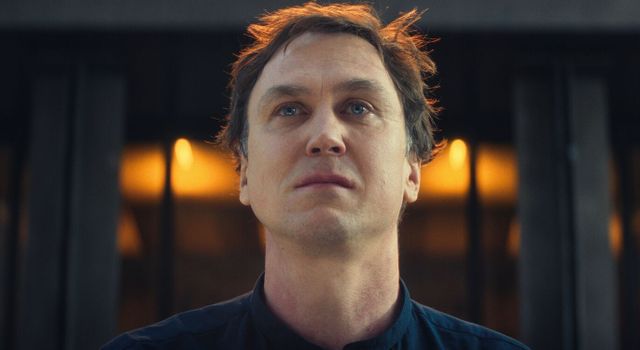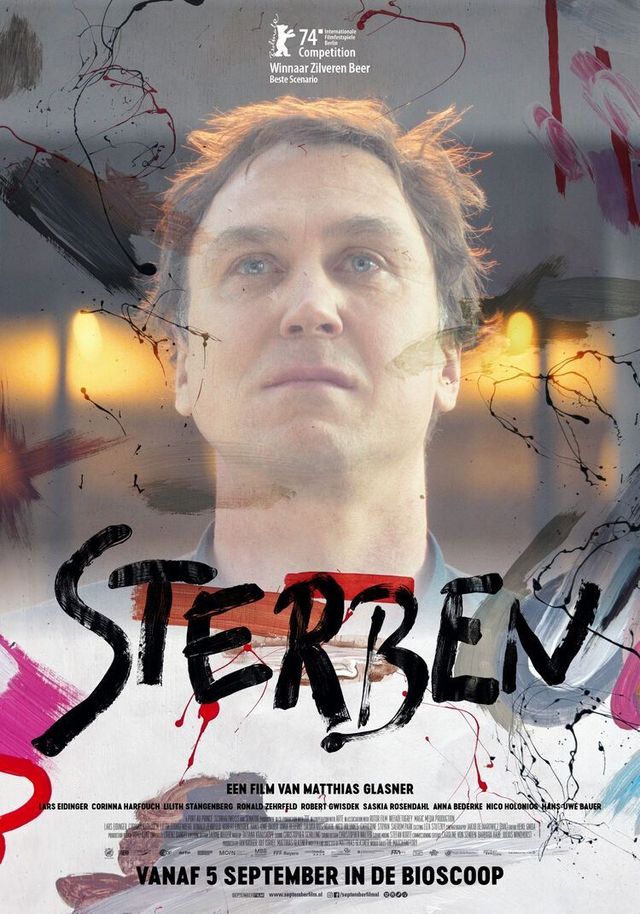Sterben

Take a look in advance
Members of the Lunies family have long since lost touch with each other as a family. Mother Lissy breathes a sigh of relief when her demented e...
The members of the Lunies family have long since lost touch with each other as a family. Mother Lissy breathes a sigh of relief when her demented husband is finally placed in a nursing home. However, her new freedom is short-lived: diabetes, cancer and kidney failure mean she won't live long either. Their two children also withdraw from the reality of family life. Neither of them is able to face the challenges of kinship - to express your feelings, to find common ground and to be emotionally responsible. Son Tom (Lars Eidinger), a conductor in his early 40s, works on a composition called "Sterben," while simultaneously becoming a surrogate father to his ex-girlfriend's child. Tom's sister, amateur singer and quirky dental hygienist Ellen, begins an affair with the married Sebastian with whom she shares her love of alcohol in punk clubs. An affair that clearly leads nowhere. When Death finally arrives on the doorstep, the estranged family members meet again. The five chapters into which the film is divided offer multiple perspectives on the Lunies family's non-functioning. Glasner's approach is that of a sleuth in a domestic ethnography, tracing everyone's helplessness back to the time when Lissy, Gerd and their children all lived under the same roof. As Glasner relentlessly sees it, during this period a cold upbringing laid the ground for later failures, A cold upbringing that contrasts with the unconditional love we normally associate in parent-child relationships, to the point that dying in this context is a liberation. The nuclear family as a failed project.
When
- Tuesday, Sept. 17, 2024 2:45 - 6:01 p.m.Buy tickets
- Tuesday, Sept. 17, 2024 8:10 - 11:26 p.m.Buy tickets
- Wednesday, Sept. 18, 2024 11:45 a.m.-3:01 p.m.Buy tickets


